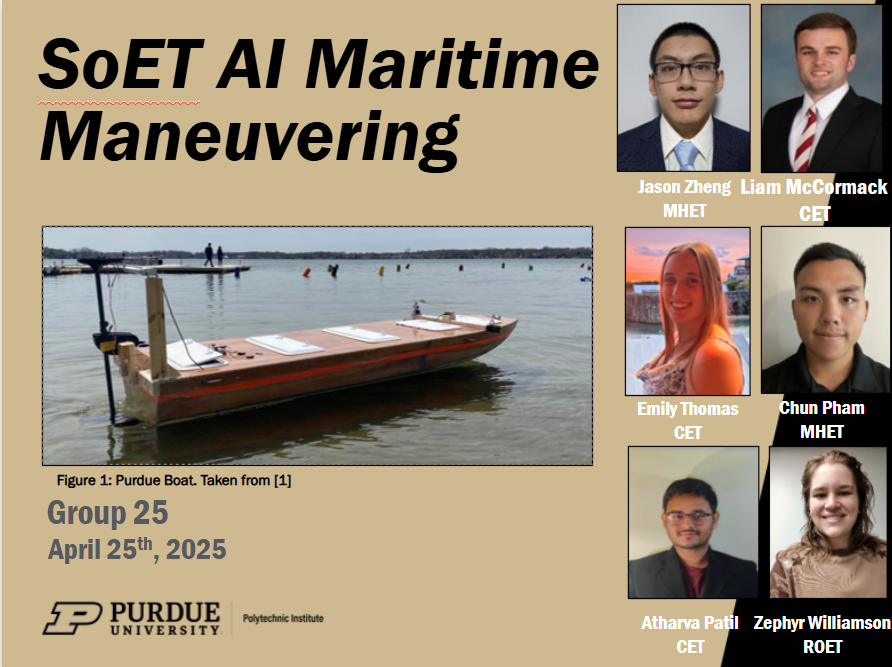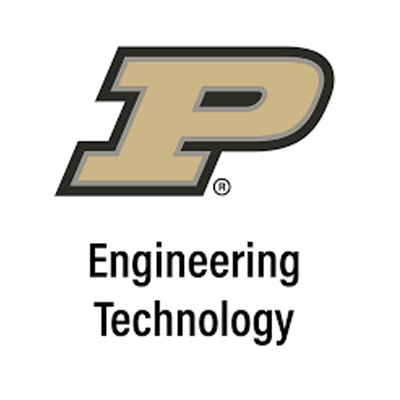Universities in Indiana will compete in an artificial intelligence maritime maneuvering robotic challenge. The challenge is to utilize machine learning to give autonomous maneuvering capabilities to an existing LPV (Low Profile Vessel) for multiple waterborne operations. Teams will integrate sensors, motor controls, and machine-learning algorithms for autonomous maneuvering. The challenge is hosted by Trine University and the US Naval Surface Warfare Center – Crane. The purpose of making an LPV autonomous is to imitate combating drug trafficking into the United States through waterborne routes. Participating in this challenge will provide a solid foundation for future research into autonomous maritime navigation. Through the trial and error of testing different sensing methods, sensor communication techniques, and path planning techniques, a result that combines the best of all aspects will be implemented and submitted to compete. Trine University and the US Naval Surface Warfare Center will be able to use the result of the best-performing LPV to conduct more research into improving and enhancing the capabilities of the LPV or applying that research to their efforts to combat illegal drug trafficking by sea, thus increasing the safety of U.S. citizens.
Semester of Project:
Team Photo:


